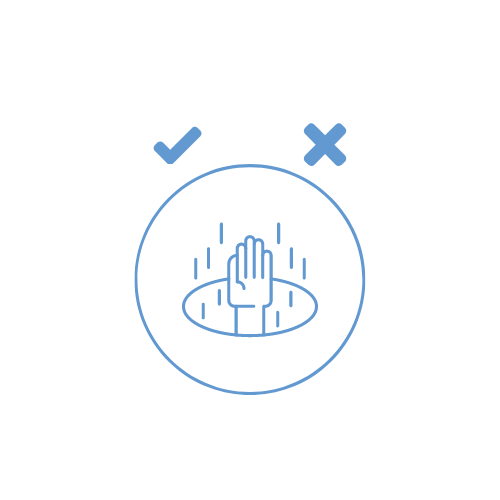Recent Rebrands Shows Common Sense Not So Common
In the past few years we've had brands with a tremendous amount of equity being torn down without much forethought:
Facebook -> Meta
Twitter -> X
HBO -> Max
Oscar Mayer even rebranded the Weinermobile to the "All Beef Frank Mobile".
(seriously, look it up!)
What is the significance of a company's name, and why is it considered a one-way door decision?
Regardless of what you thought about the businesses themselves, one of the most difficult transitions in the life of a company is its name. It's one of those one-way door decisions identified by Jeff Bezos. (Just be glad he didn't actually name the company "Relentless")
If there's any Silicon Valley adage which I think has caused more damage to startups than any other, it's this (attributed to Zuck): "Move fast and break things."
Legions of startup founders interpreted this as taking risky and chaotic actions for all types of decisions just because "it's a big move". Sadly, these types of big moves are the decisions that need a greater degree of thought -- the one-way doors.
You just have to wonder at some of these companies - what is going during these decision-making processes? It is as simple as the Highest Paid Person's Opinion (HIPPO), or is there something deeper going on?
What are some common decision-making pitfalls that companies fall into during the planning cycle?
In case you haven't noticed, we are coming up on 2024 planning cycles for most companies. For most, early 2023 was a time of caution and the second half of 2023 looks rosier.
A few thoughts on thoughtfulness for your upcoming planning cycle:
How does maintaining optionality in business plans impact a company's success and profitability?
Maintaining optionality in your plans still seems like a great idea as a core principle. As long as interest rates remain high (they seem to be for the next 12 months, even if they are not rising), cost of capital will remain high, which will continue to put a greater focus on profitability.
You won't regret adding a few extra points to your gross margin or your net operating margin. In fact, it gives you more leverage in your business.
Why is it crucial for companies to focus on understanding their customers' decision-making processes?
Double-down on your customer knowledge. If you haven't visited customers in a while, get back out on the road and re-establish relationships. I have always deeply felt that winning companies are the ones with the best knowledge of how their customers make decisions
What is the importance of creating a "kill list" of projects and how does it enhance focus and productivity?
Make a "kill list" of projects, even if you can't do them all now. We all have quite a few decisions we put in place during the pandemic (and before!) which probably have no place going forward. Try to kill a few of them to increase your focus in the next 6 months, and revisit the list occasionally, too.
How do leaders sometimes hesitate to make tough decisions, and what impact can it have on employees?
Leaders often avoid making the tough call because they think employees will judge them for making a mistake. I cannot make this any more clear:
Your employees already know it's a failure. As a leader, you are the last one to see it.
But, back to rebranding... I can only hope that Shopify doesn't rename itself to Sidekick as part of the AI hype cycle. In that case, maybe the cute green bag becomes sentient.
Expert Consulting: How Will You Grow Your eCommerce Company?
When growth is elusive, I am an expert at asking incisive questions to surface the real issues and then present straightforward ideas that your team can actually implement.
Mistakes are expensive. They cost money, of course. What’s worse is the opportunity cost. I work with investors and management teams worldwide to help them get a handle on their digital business plans to execute a clear path forward.
For more on Consulting, you might also like:




